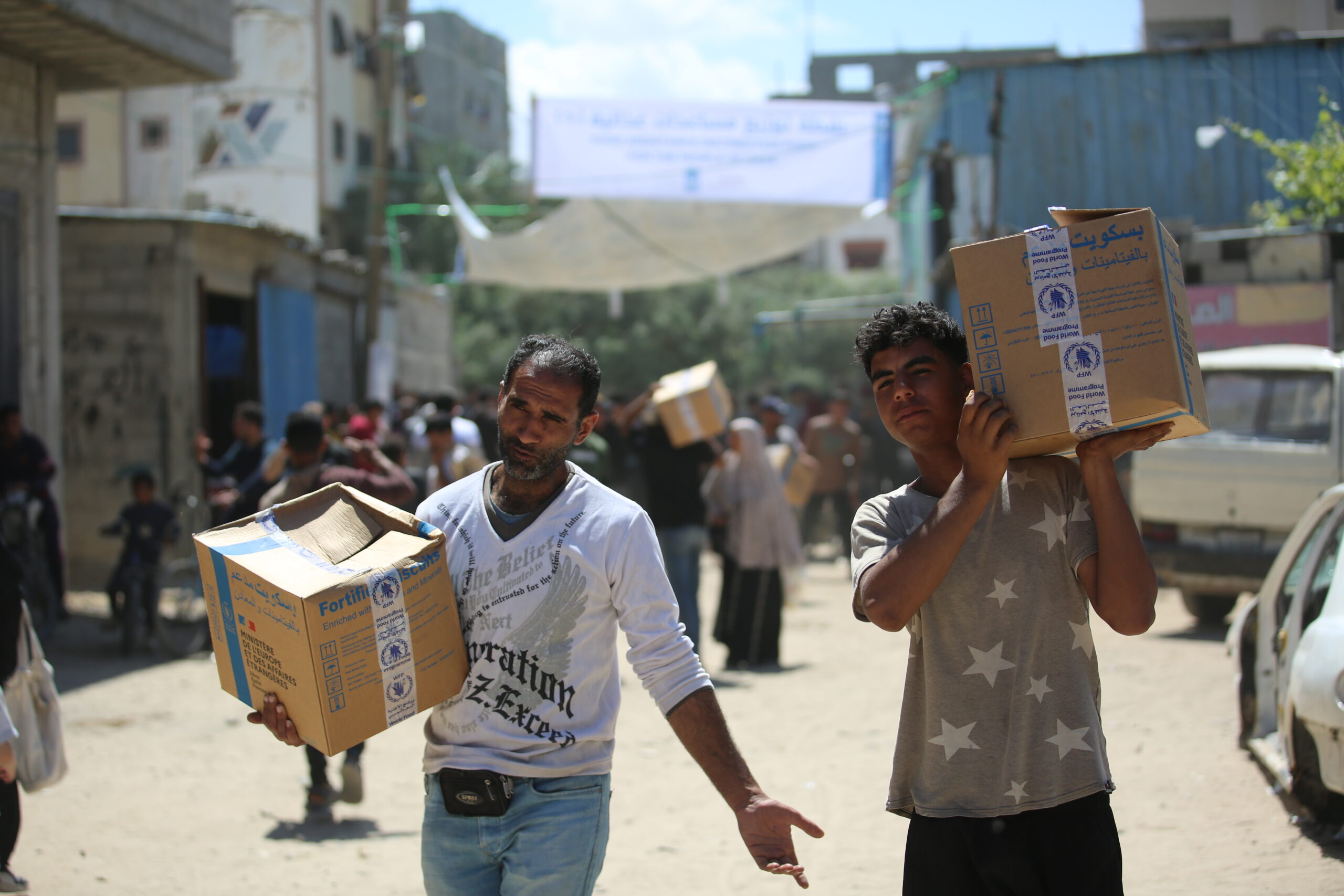Herzog: Settlements in Judea and Samaria as Israel’s “Defensive Shield”
Israeli President Isaac Herzog recently highlighted the vital role that communities in Judea and Samaria play in Israel’s defense strategy, describing them as a “defensive wall” protecting the Jewish state. In his address to the Makor Rishon Settlement Conference in Ofra, Herzog emphasized the importance of these settlements, especially from the air. “When I travel across the country, particularly when flying over Judea and Samaria, I am deeply impressed by how thriving and essential the settlement initiative is,” Herzog stated in a pre-recorded message.
He referred to the region as “Israel’s protective shield” and noted that each visit reinforced his belief in the strategic and defensive significance of these areas. Herzog also shared his experience visiting Ofra, a town celebrating its 50th anniversary this year, calling it a “microcosm of the settlement movement.” With a population of about 3,300, Ofra, he said, is a model of pioneering spirit, leadership, and a commitment to the ideals of Zionism.
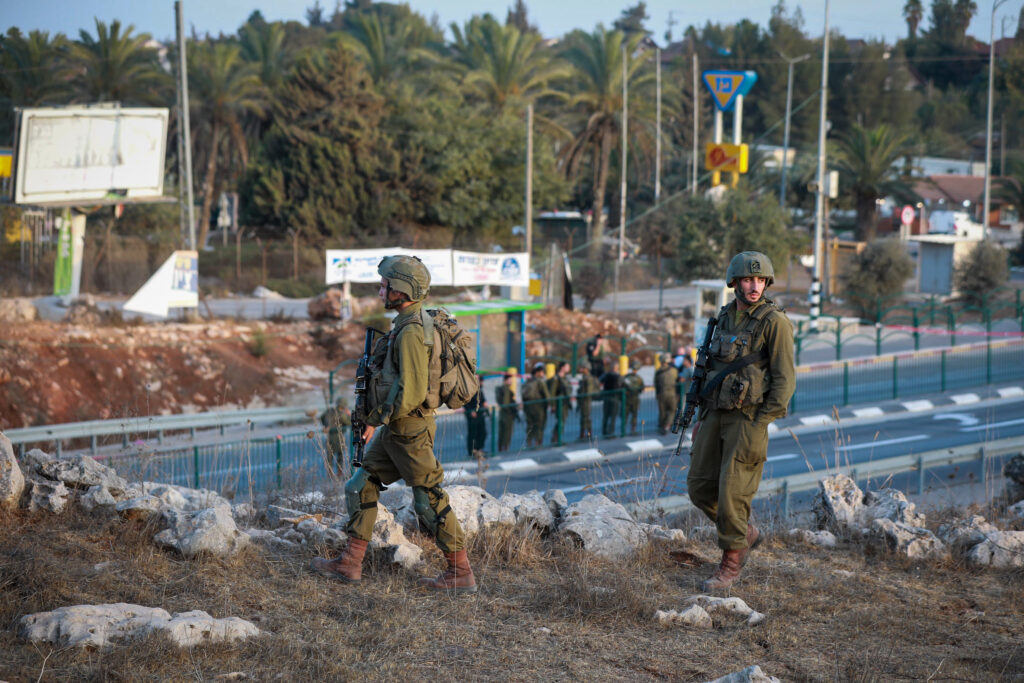
Herzog reaffirmed the ideological and historical importance of the settlements, pointing out their central role in Zionism and Jewish heritage. “This holds particularly true today, as the settlement project faces significant challenges. We expect all parties involved to safeguard the security and well-being of these communities,” he added.
Polling data supports Herzog’s view, with a survey from the Jewish People Policy Institute (JPPI) revealing that 58% of Israeli Jews see settlements in Judea and Samaria as key to the country’s security. Another poll from the Jerusalem Center for Security and Foreign Affairs indicated that over two-thirds of Israelis are concerned about large-scale terror attacks from the region, especially following the devastating October 7, 2023 attack by Hamas.
In light of ongoing violence, including 6,343 terrorist incidents in 2024, Defense Minister Israel Katz called for bolstering Jewish presence in northern Samaria, citing a lack of settlements in the area as a security vulnerability. Katz stressed that these communities serve dual roles—preserving Jewish heritage and ensuring Israel’s security.
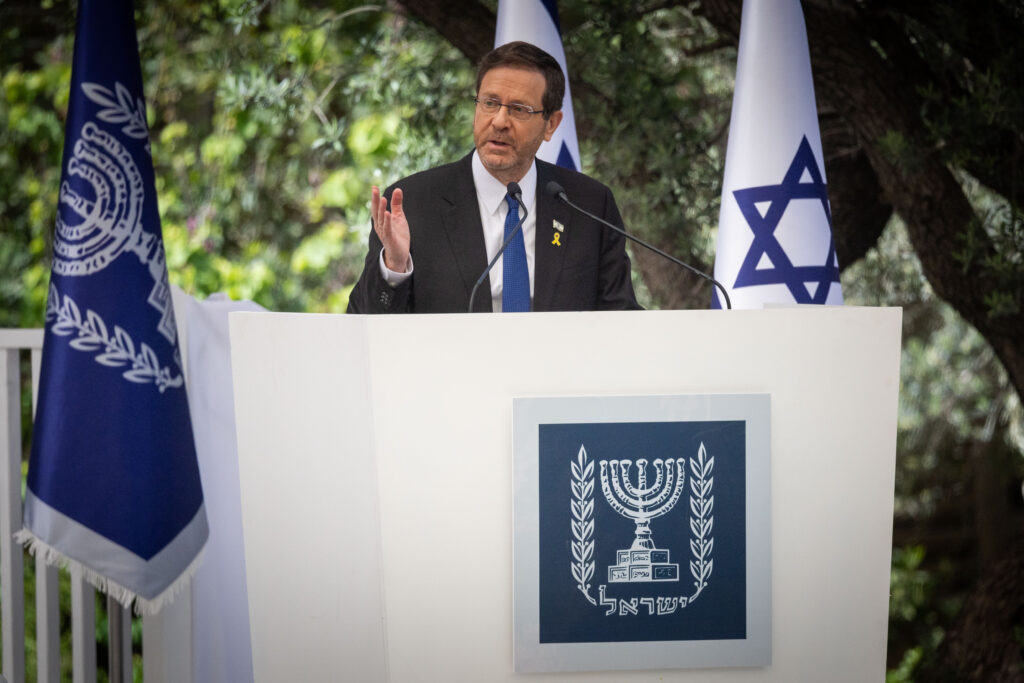
Israel to Implement New Gaza Aid Distribution Plan to Prevent Hamas Interception
Israel has unveiled a new strategy for distributing humanitarian aid in southern Gaza aimed at preventing Hamas from seizing or diverting supplies. The plan, which centers on the Rafah area, will ensure aid reaches civilians directly, bypassing Hamas control.
Three dedicated aid distribution centers will be established in Rafah, and each Gazan family will be represented by a registered individual to collect weekly food rations, tailored to meet survival needs. The goal is to provide approximately 70 kilograms of food per household without allowing excess that could be stolen or redirected by militant groups.
The distribution process will be supervised by vetted non-governmental organizations (NGOs) and U.S. contractors, with strict screening procedures for recipients. According to Israeli officials, this new mechanism will make it much more difficult for Hamas to intercept food supplies intended for the civilian population.
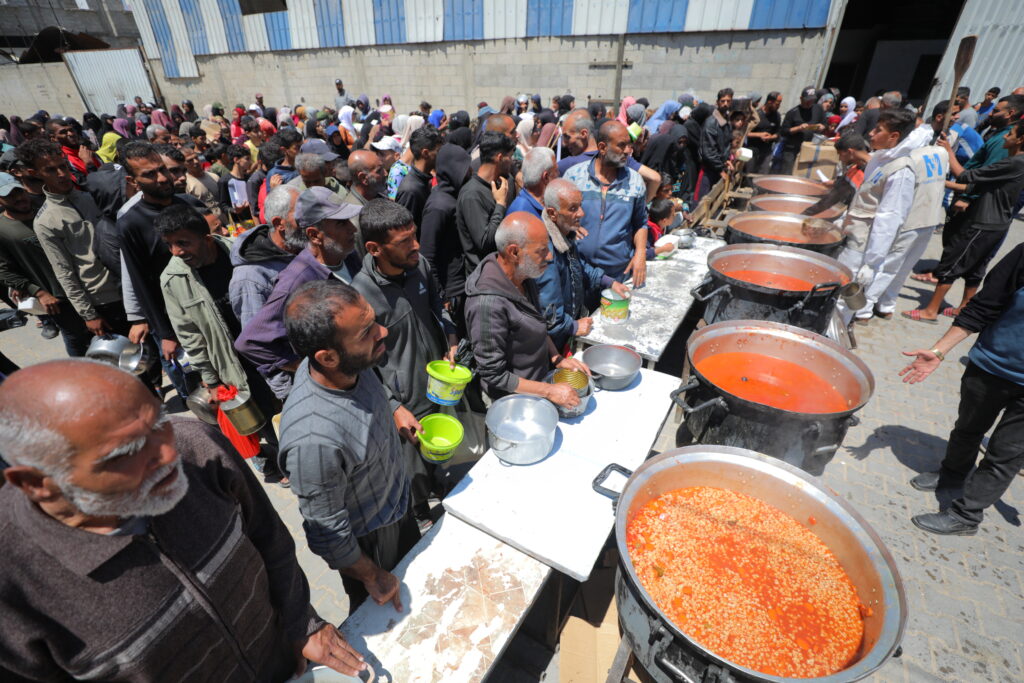
The move comes in response to mounting international pressure over the dire humanitarian conditions in Gaza. U.S. President Donald Trump has acknowledged the extreme hardship faced by Gaza’s residents and pledged American support while condemning Hamas for obstructing aid delivery.
Israeli officials believe the new aid distribution system strikes a balance by ensuring civilians get the help they need while denying Hamas the opportunity to misuse humanitarian resources for its military goals.
IDF Strikes Hezbollah Weapons Facility in Lebanon’s Beqaa Valley
The Israel Defense Forces (IDF) carried out airstrikes on a Hezbollah weapons facility in Lebanon’s Beqaa Valley on Monday night, targeting an Iranian-backed military infrastructure site. According to the IDF, Hezbollah had been attempting to reestablish its operational presence at this facility, which was reportedly linked to activities that breach long-standing agreements between Israel and Lebanon.
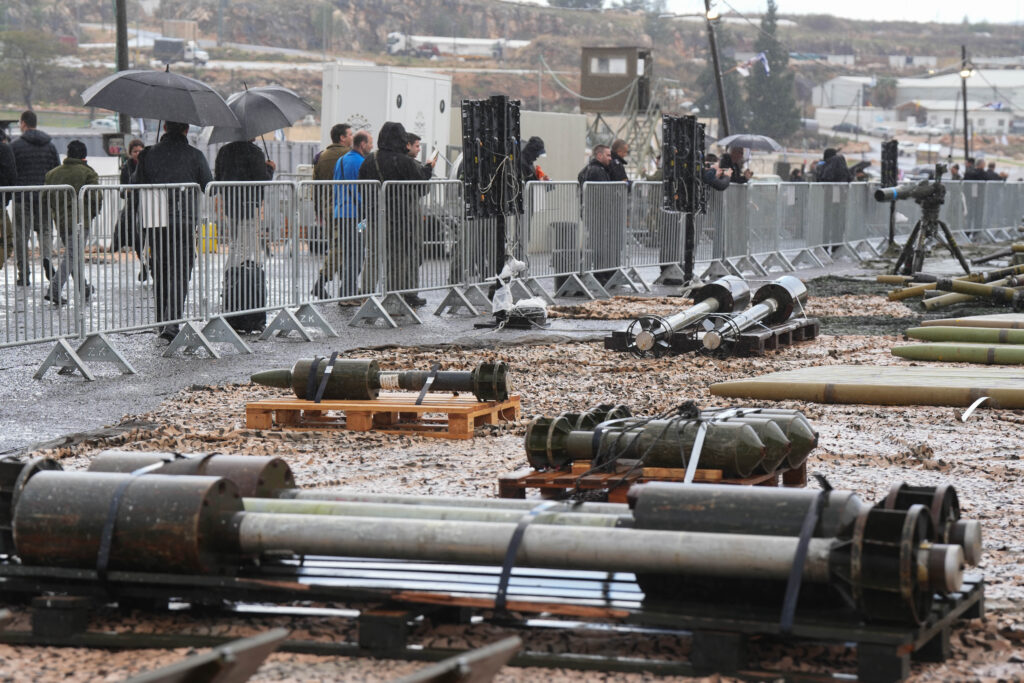
The IDF also targeted Hezbollah infrastructure in the area of Srifa, a region in southern Lebanon. Israel has expressed its firm stance on these actions, warning that it will continue to take necessary steps to dismantle Hezbollah’s military capabilities. “The IDF will persist in its efforts to neutralize threats to Israel and will prevent Hezbollah from rebuilding its terrorist infrastructure,” an IDF statement declared.
This action follows a series of recent strikes on Hezbollah assets. In early May, Israel attacked a facility in Beirut where Hezbollah stored precision-guided missiles, a significant threat to Israeli security. Additionally, an Israeli airstrike in the southeastern part of Lebanon killed a Hezbollah operative linked to efforts to expand the group’s presence near the Israeli border.
Israel’s ongoing campaign against Hezbollah has intensified since the November 2024 ceasefire, with over 140 terrorists eliminated in operations throughout Lebanon. Israeli officials also pointed out that the Lebanese government must take responsibility for preventing Hezbollah from operating within its borders, citing violations of UN Security Council Resolution 1701.
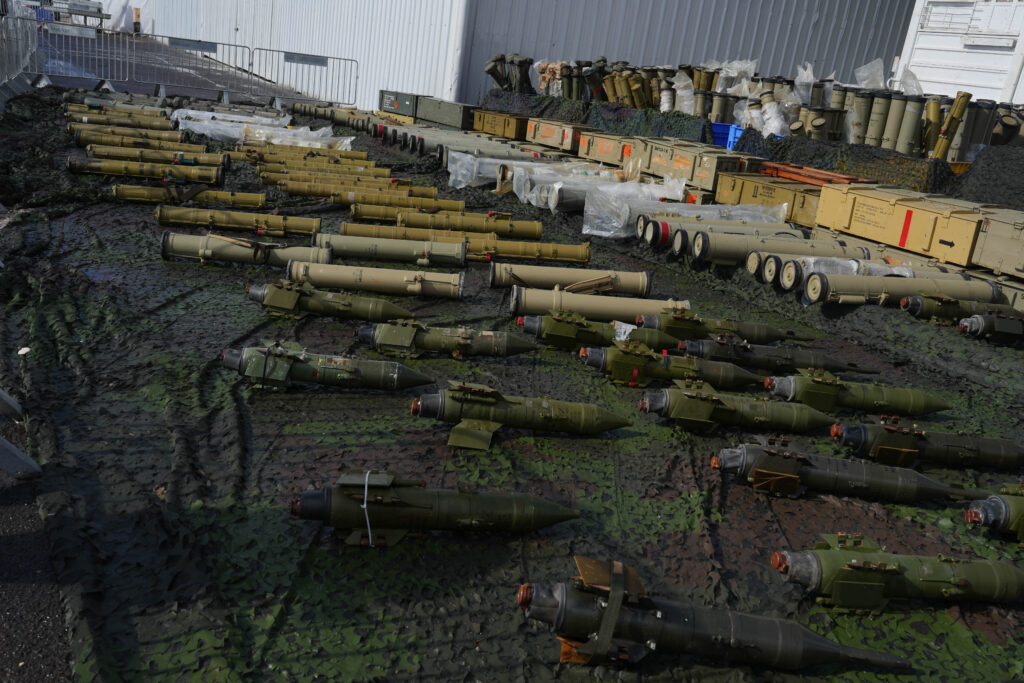
These military actions underscore Israel’s commitment to safeguarding its borders and preventing Hezbollah from strengthening its military infrastructure near the Lebanese-Israeli frontier.




